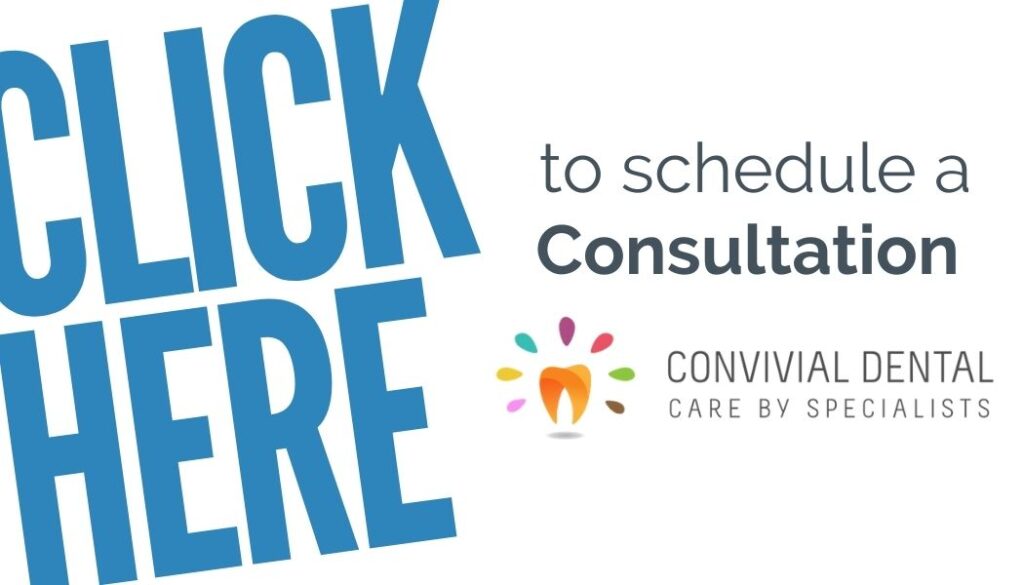The Importance of Oral Cancer Screening For Early Detection
January 23rd, 2023

Many people are not aware that cancer may develop in the mouth and/or the oropharynx. Fortunately, your dentists at Convivial Dental are always on the lookout for suspicious symptoms every time they examine you.
The numbers are staggering. There will be more than 50,000 newly diagnosed cases this year in the United States. Oral cancer is estimated to kill one person every hour, 24 hours a day.
While some oral conditions such as cold sores are extremely painful, oral cancer may appear as a non-painful ulcer that does not heal.
Often, white plaque lesions called leukoplakia are first to appear. They are not painful and cause no other symptoms. They may sit dormant for years, only to develop to malignancy suddenly. That is why we call them “pre-malignancies”.
At Convivial Dental we believe that our patient’s total oral health doesn’t stop with just filling cavities. That’s why we pay attention to changes of the hard tissues and the soft tissues that lead to early detection of abnormalities. When such discoveries require further investigation, we work with a network of oral medicine specialists to refer you quickly to centers of excellence.
Survival is improving, but oral cancer causes significant morbidity and affects the patient’s quality of life. That’s why early detection is vital.
Scientific studies show that Stage I oral cancer has the best chances of complete healing.
Some important facts:
The most serious risk factors are excessive alcohol drinking and smoking. Those who consume high levels of alcohol AND tobacco or marihuana have the highest risk.
Chewing tobacco is an established cause of oral cancer. Early signs include white striations and submucous fibrosis.
High risk Human Papilloma Virus (HPV) infections of the mouth are also associated with oral cancer.
HPV related cancers appear in younger people as compared to tobacco-alcohol related cancers that usually appear later in life.
Vaccination against HPV prior to sexual initiation is key to preventing such intra-oral infections later in life.
Cancers due to smoking and alcohol drinking tend to be more biologically aggressive than those caused by HPV.
Self inspection of visible parts of the oral cavity is important. Once per month take a good look inside your mouth for ulcers or white or red plaques (that do not rub off).
Changes over short periods of time are important. Most traumatic or inflammatory ulcers will heal within 15 days. Ulcers that do not heal after 2-3 weeks must be examined. Similarly, premalignant lesions that used to be dormant and stable but suddenly show changes (in color, consistency or size) must be examined.
Please note that a broad range of conditions may cause such findings, so if you notice a tissue change please do not panic. Oral cancer is rare and chances are the tissue changes you may have noticed are due to a different reason.
If you wish to read more about this type of cancer please ask us for copies of the many articles we have authored on the subject.
More than just teeth, Convivial Dental manages your complete oral health. Call us today or click below to schedule an appointment and to talk to us about how we can safeguard your family’s health with advanced cancer screening.
Click below or call 617-735-0800 today to schedule a consultation. We can’t wait to meet you!











